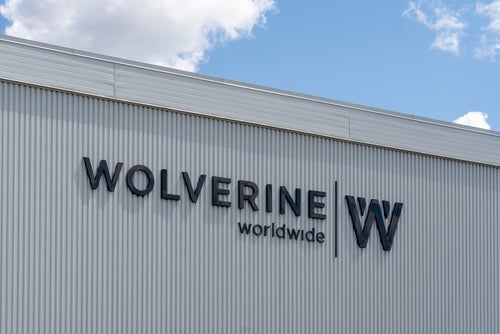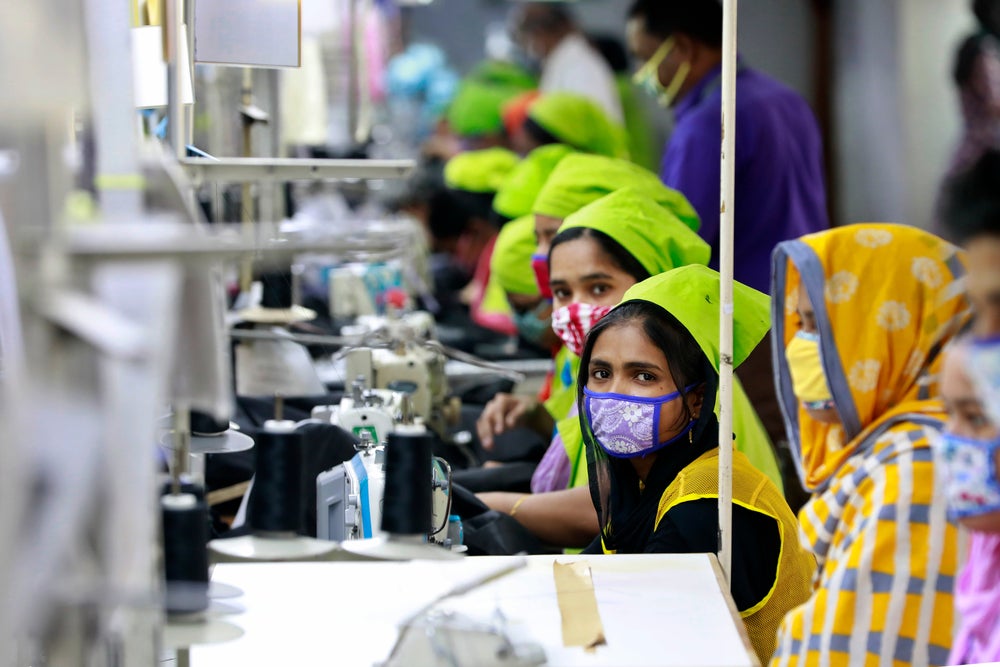GOTS' says its involvement with the OECD Alignment Assessment process signals its ongoing dedication to sustainable practices and efforts to align with the comprehensive international framework for responsible garment and footwear due diligence.
The OECD Alignment Assessment is a multi-step journey that includes a Standards Assessment, Implementation Assessment, and Credibility Assessment.
GOTS says its involvement with the assessment showcases its dedication to sustainable practices in line with the OECD Due Diligence Guidance.
The process, which started in July 2023 is supported by German Federal Ministry for Economic Cooperation and Development and is expected to finish in January 2024.
GOTS explains that it is a voluntary sustainability standard that has helped to empower sustainable supply chains for over two decades and has always helped companies to demonstrate legal compliance, such as chemical regulations or social norms.
Its most recent version 7.0, will give textile companies access to a six-step due diligence process and enable them to detect, assess, and mitigate adverse effects throughout their supply chains.
This means GOTS is a tool that showcases compliance with due diligence obligations outlined in the draft EU directive on corporate sustainability due diligence (CSDDD).
Ruslan Alyamkin, responsible for standard development and implementation (social responsibility) at GOTS, underlines the transformative power of the criteria and says: "The Due Diligence Criteria are not just guidelines, they are a powerful tool for real change. They empower companies to make informed and ethical decisions, helping to shape a textile industry that respects human rights and cares for our planet".
Amid the global emphasis on upholding human rights within business operations, GOTS says it prides itself on helping companies to navigate the evolving landscape, such as the European Commission's proposal for a directive on corporate sustainability due diligence (CSDDD), which signals the imminent consideration of mandatory human rights and environmental due diligence.















